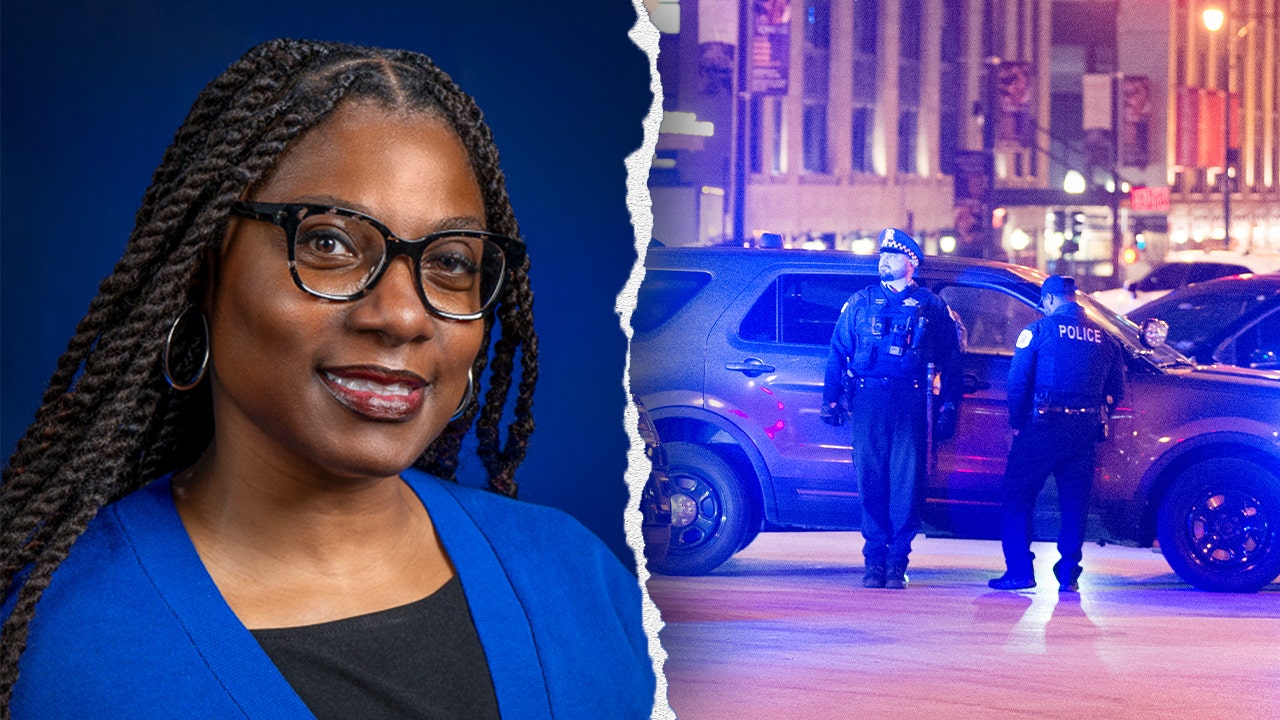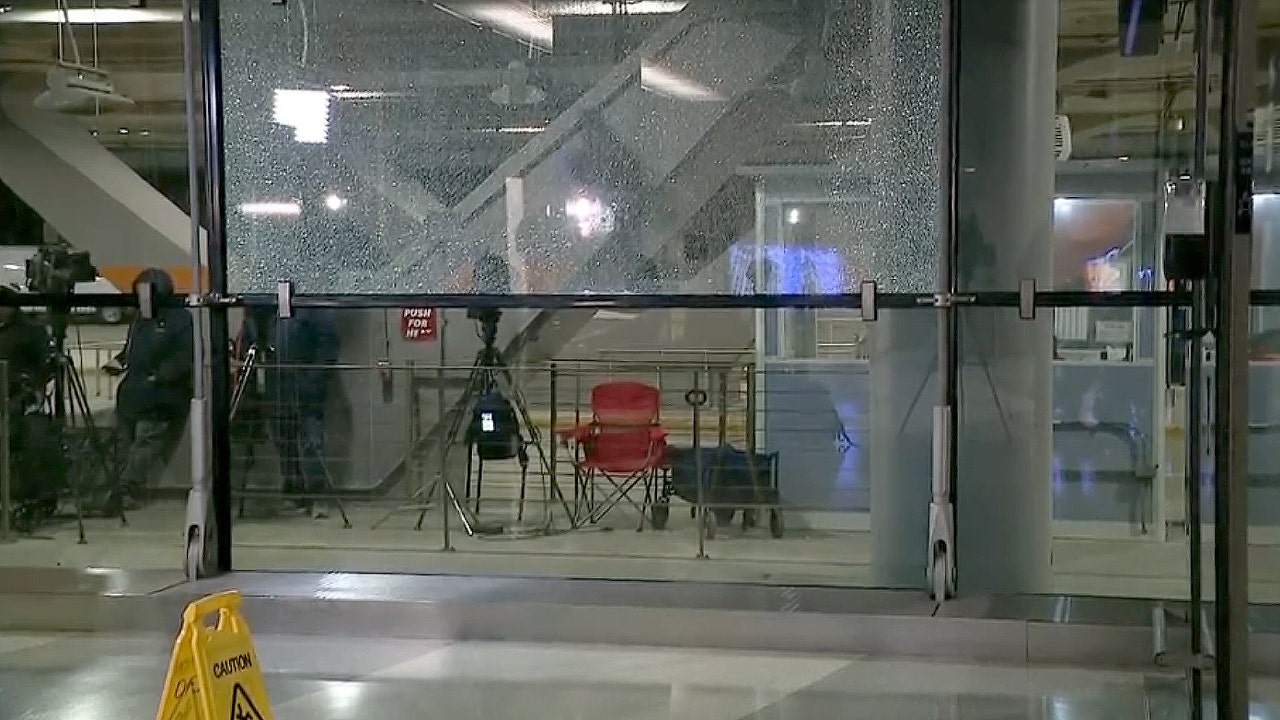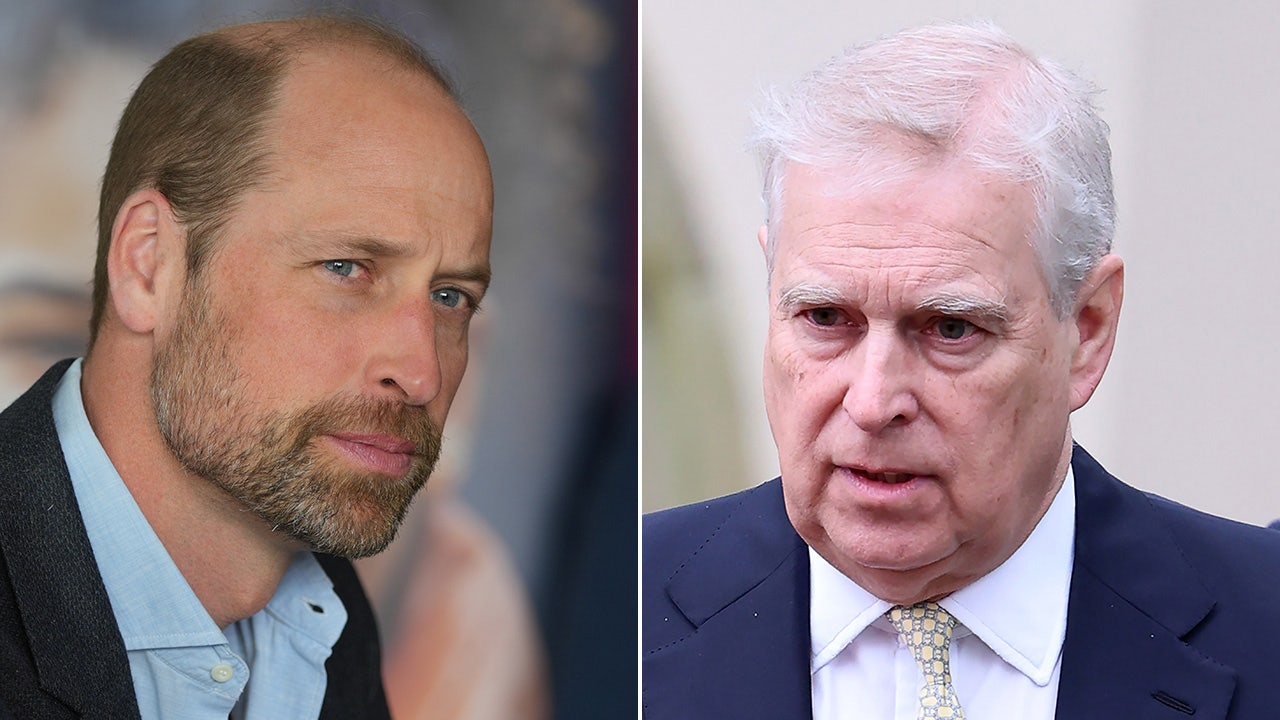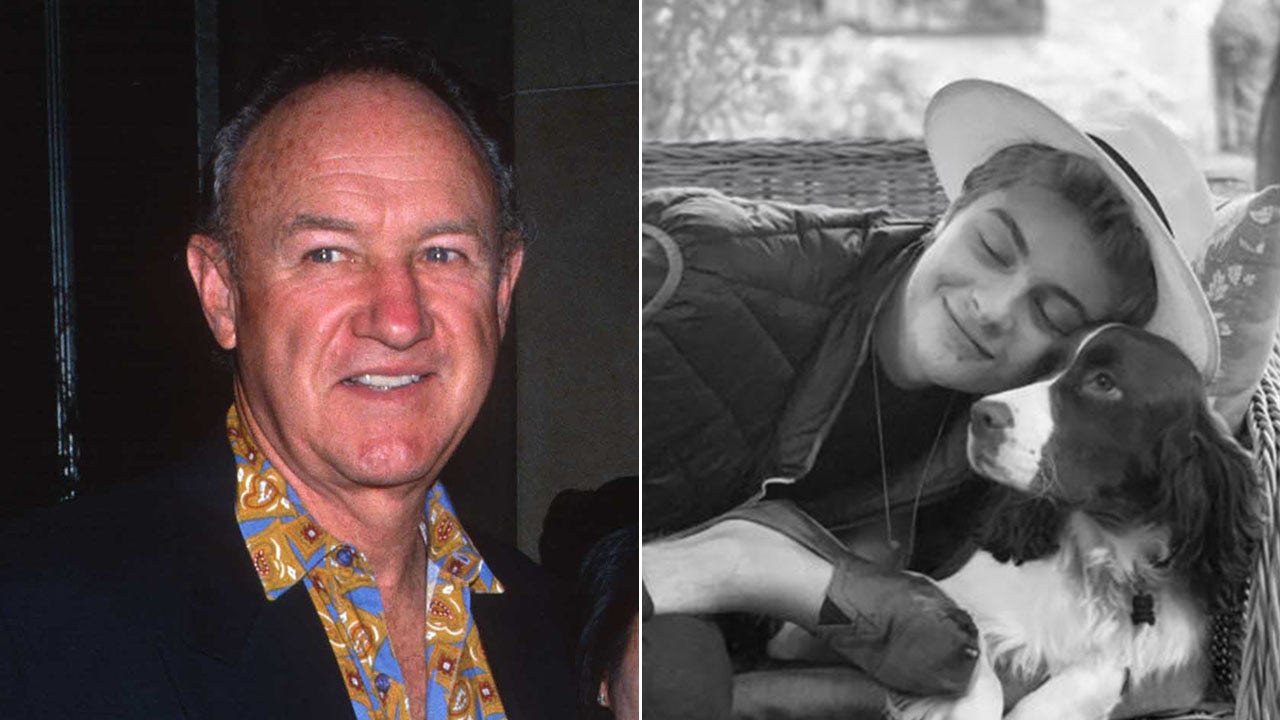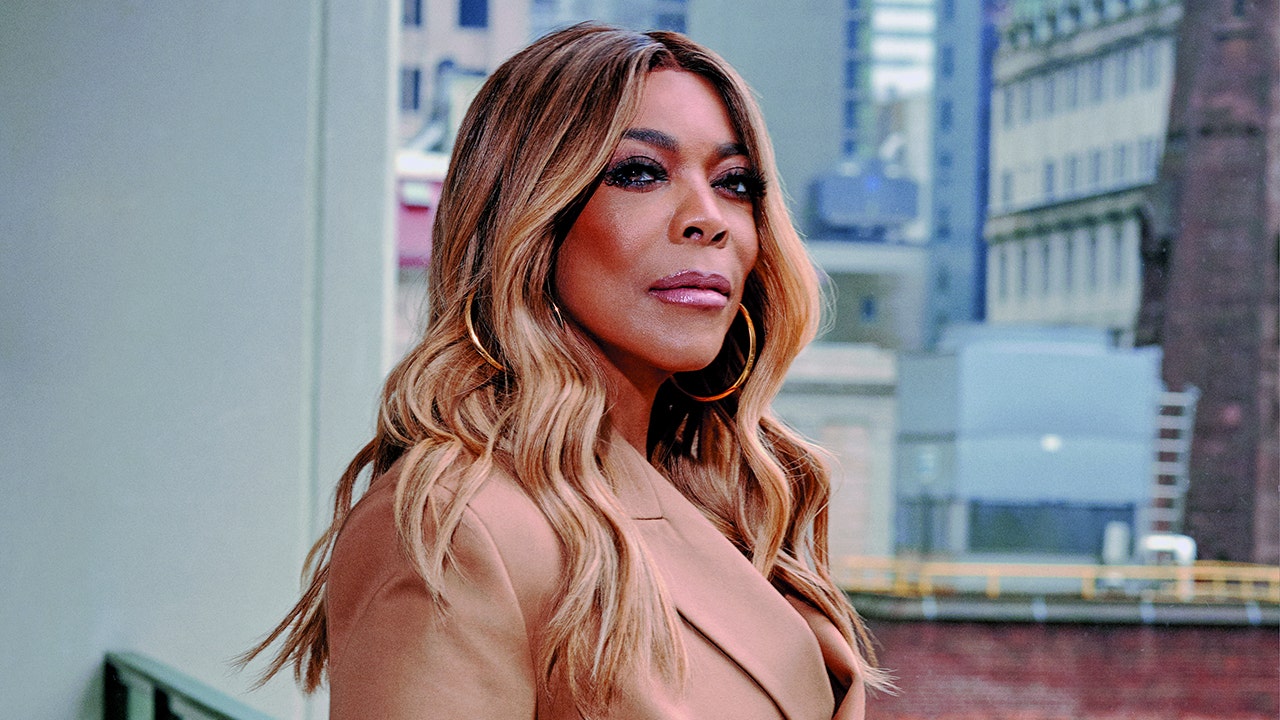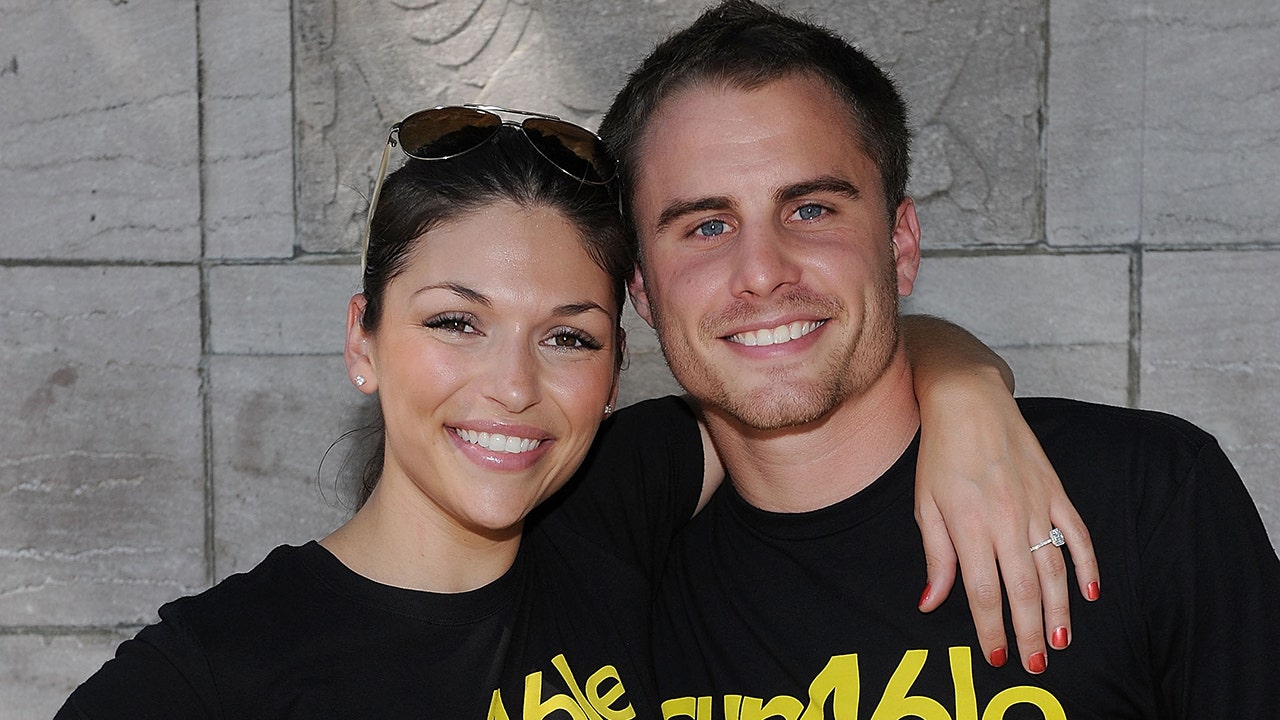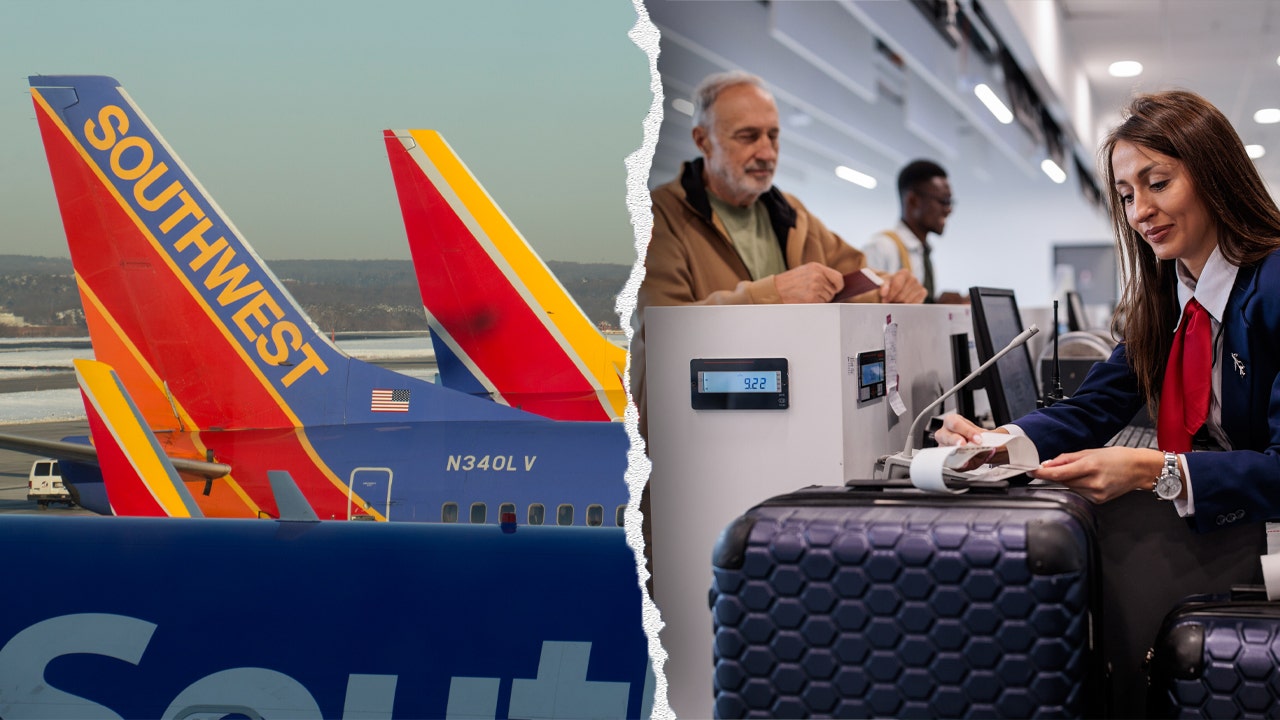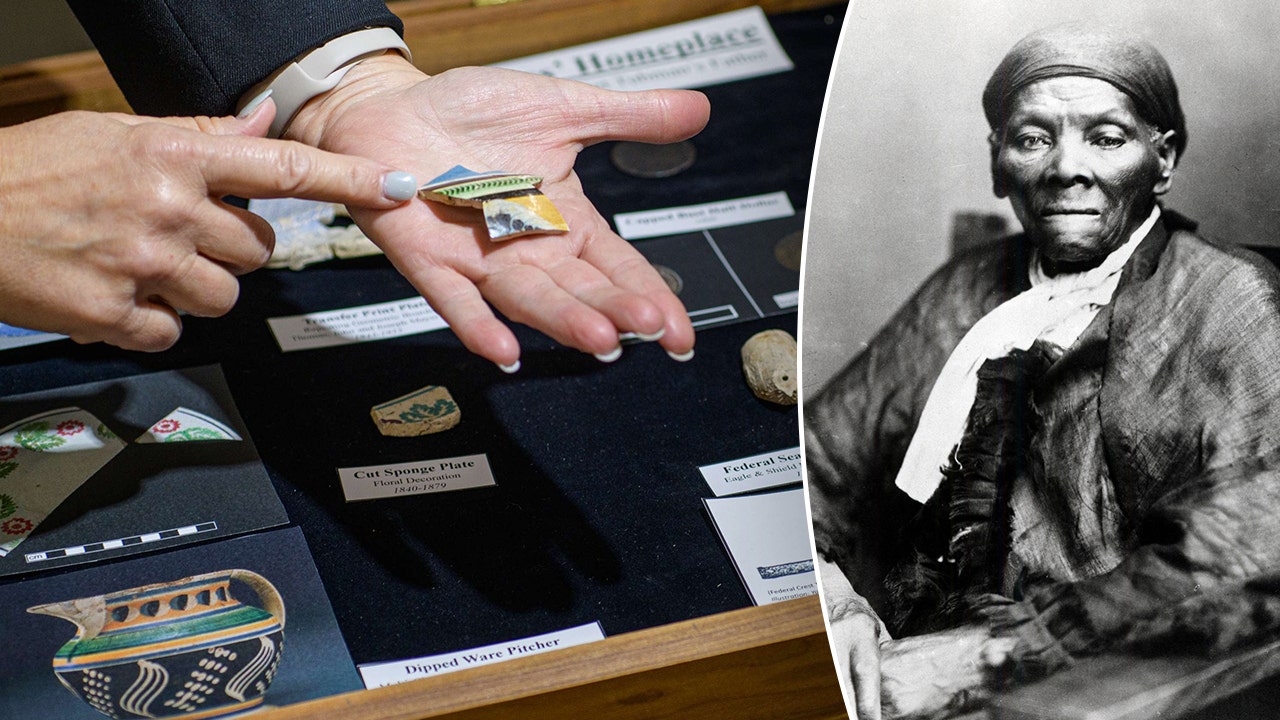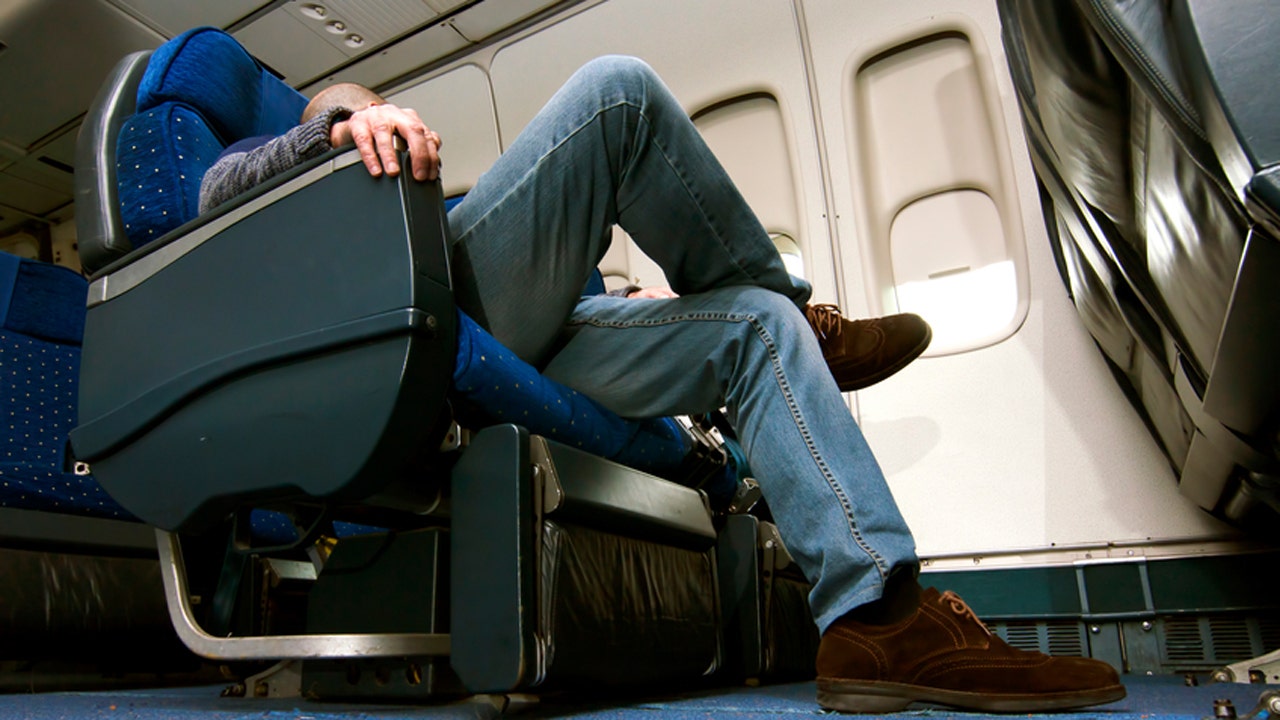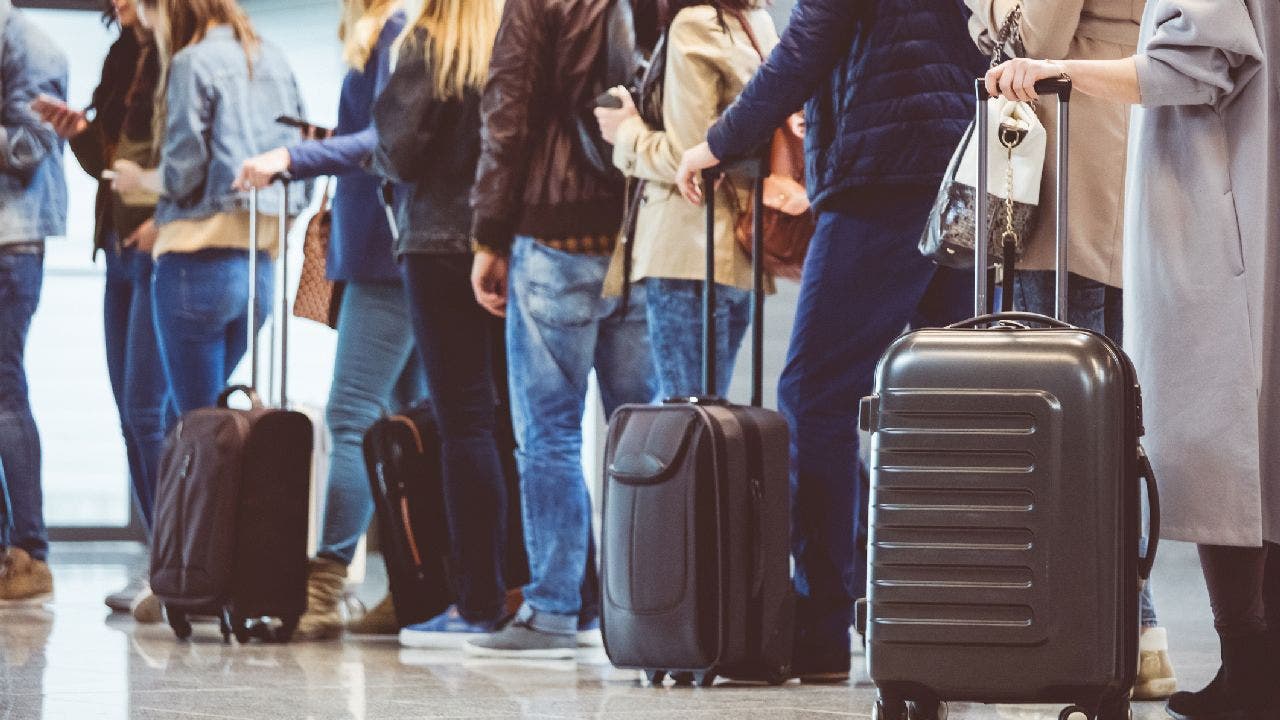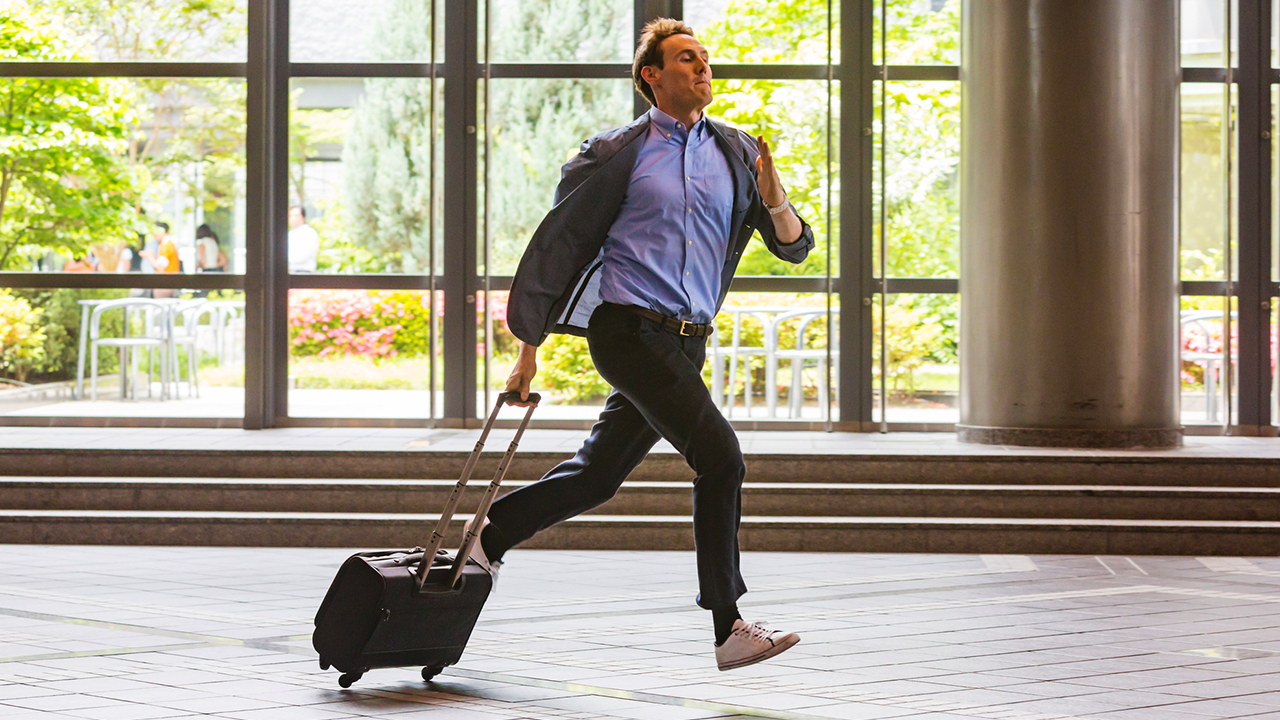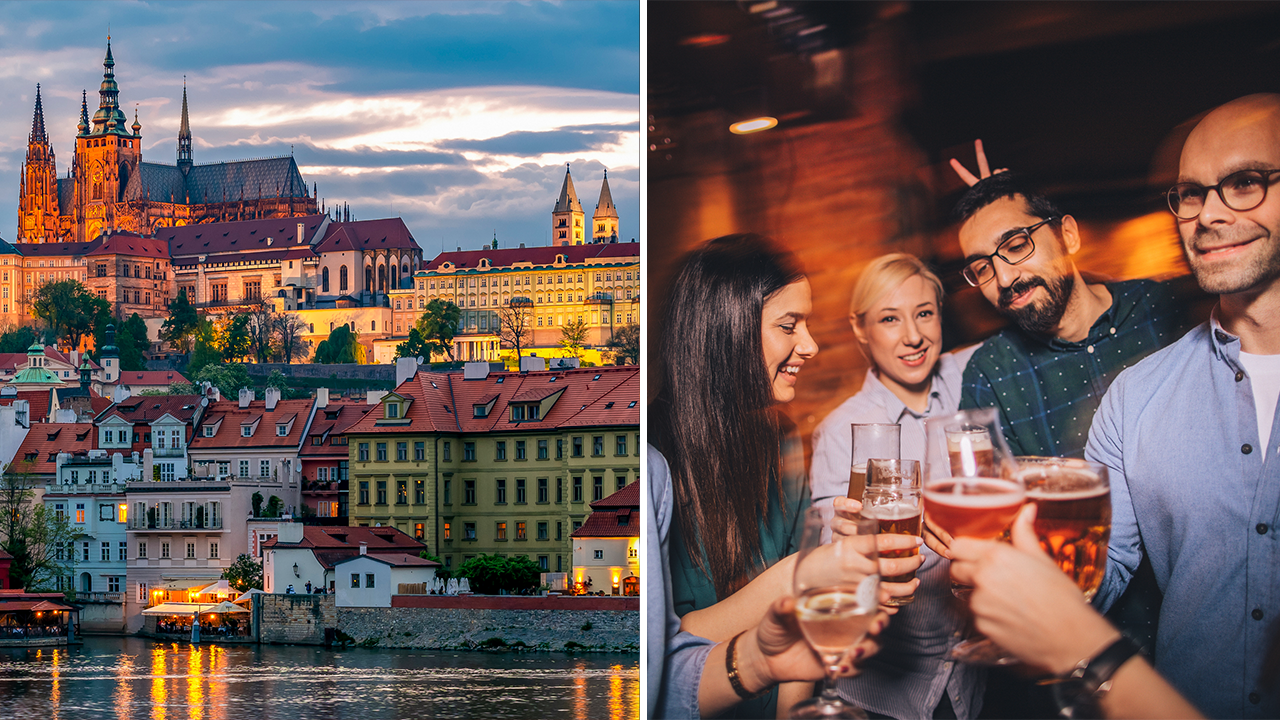Prague Implements Curfews for Nightlife Groups
As European cities grapple with overtourism, officials are making attempts to tackle some concerns that come along with visitors.
Prague, a jewel in Central Europe, has decided to place restrictions on late-night bar-hopping for tourists. The bustling activity of pub crawls has reached a tipping point, evoking serious discussions among city council members. Noise complaints and safety apprehensions echo through the narrow, cobblestone streets that welcome millions of visitors each year.
Adam Zabranský, committed to the well-being of Prague’s citizens, articulated a clear intention: “We don’t want to support cheap alco-tourism that’s unfortunately still quite common in Prague.” This sentiment is echoed by many locals who cherish the integrity of their cultural heritage. With approximately 5.45 million people visiting the city from January to September 2023, it becomes evident that something must be done to strike a balance between tourism and residents’ quality of life.
The new regulation dictates that bar crawls will be curtailed from 10 p.m. to 6 a.m. Organizers caught violating these hours could face heavy fines of up to 100,000 koruna, roughly translating to $4,300.
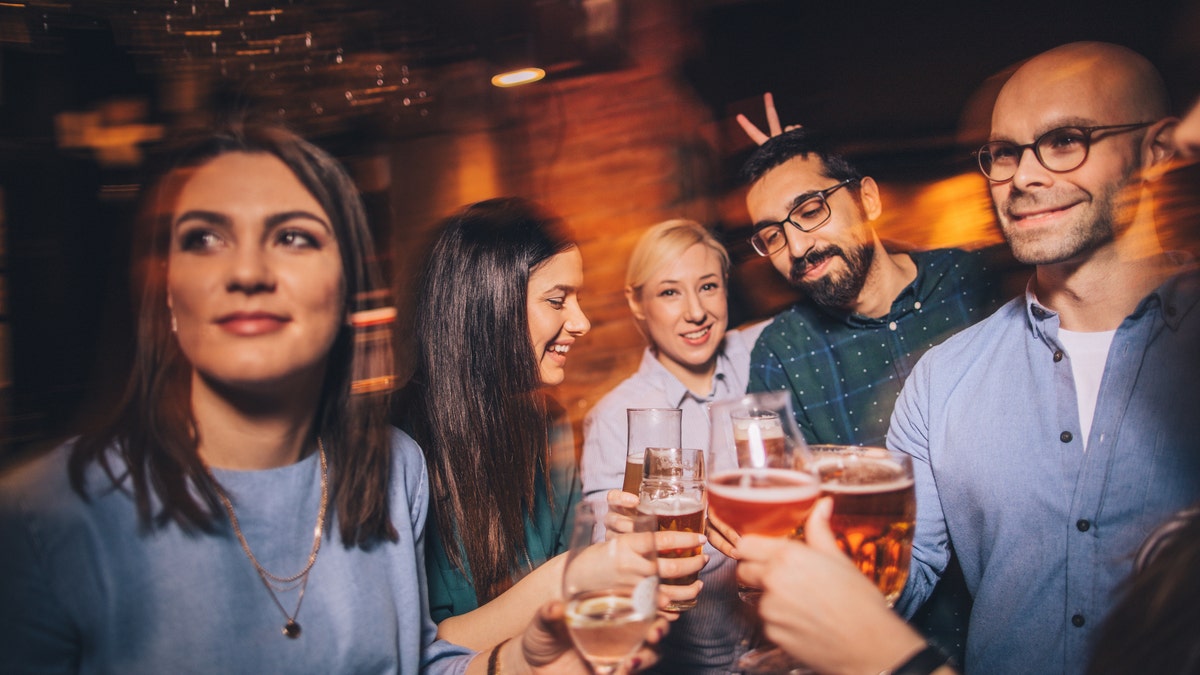
According to the Organization for Economic Co-operation and Development, Czechia holds the unfortunate title of having the third-highest alcohol consumption in the European Union, trailing only Lithuania and Latvia. Zabranský argues that the responsibility for this issue rests significantly on bar owners profiting from these crawls. “As it is, the residents in the busy areas face the negative consequences while the bar owners participating in the pub crawls make profit and don’t care about the problems,” he remarked, shedding light on a growing frustration among community members.
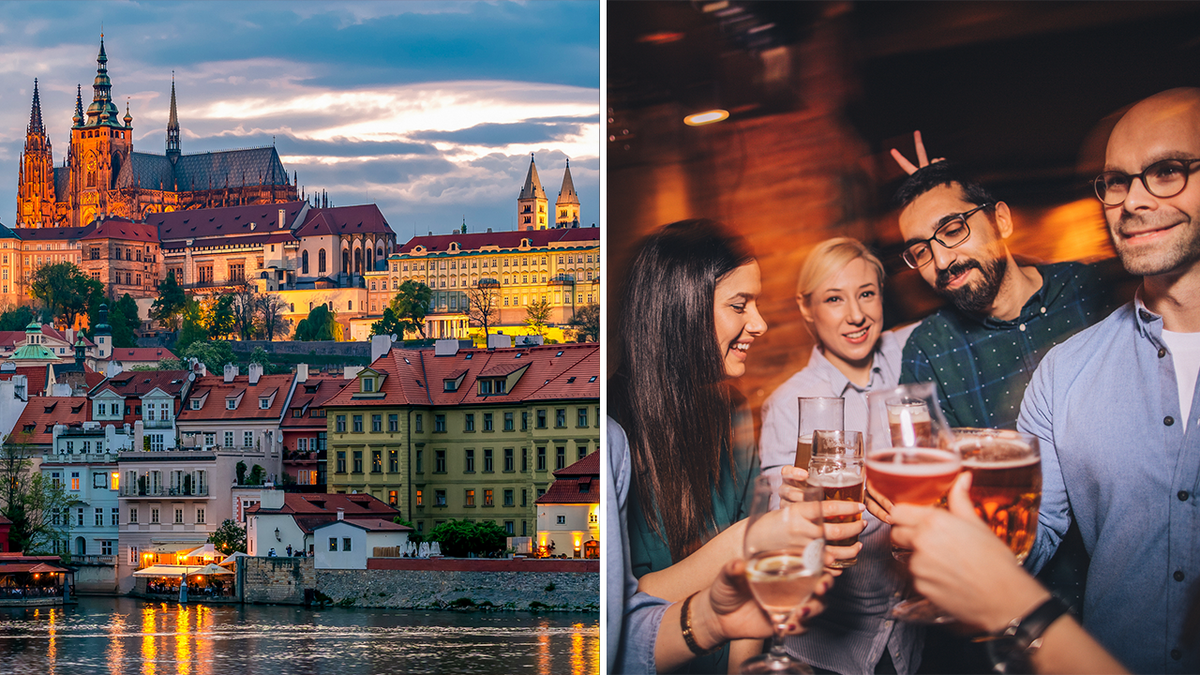
In a positive note, the National Institute of Public Health reports a decrease in daily or frequent alcohol consumption. The percentage of individuals drinking regularly plummeted from 19.8% to 15.4% between 2020 and 2021. “People coming to experience culture behave differently than those who arrive to drink all weekend long,” Zabranský reflected, revealing the challenges faced by those wishing to enjoy Prague’s rich history amid the raucous celebrations.
This isn’t an isolated incident. Similar restrictions have sprouted in places like Majorca and Ibiza, where authorities are combating rowdy tourism with a focus on preserving local environments. Policies limiting alcohol sales and banning public consumption on streets aim to create a more serene atmosphere for everyone, an aspiration Prague now echoes. Such collaborative efforts speak volumes about the ongoing dialogue between traveling and local customs.
As these regulations take effect in November, one must contemplate their potential impact. Can balancing the needs of tourists and residents cultivate a more enriching experience for all? As cities like Prague embrace these thoughtful changes, perhaps a more hospitable and safer nightlife can blossom amid the centuries-old architecture that tells a story of its own.


